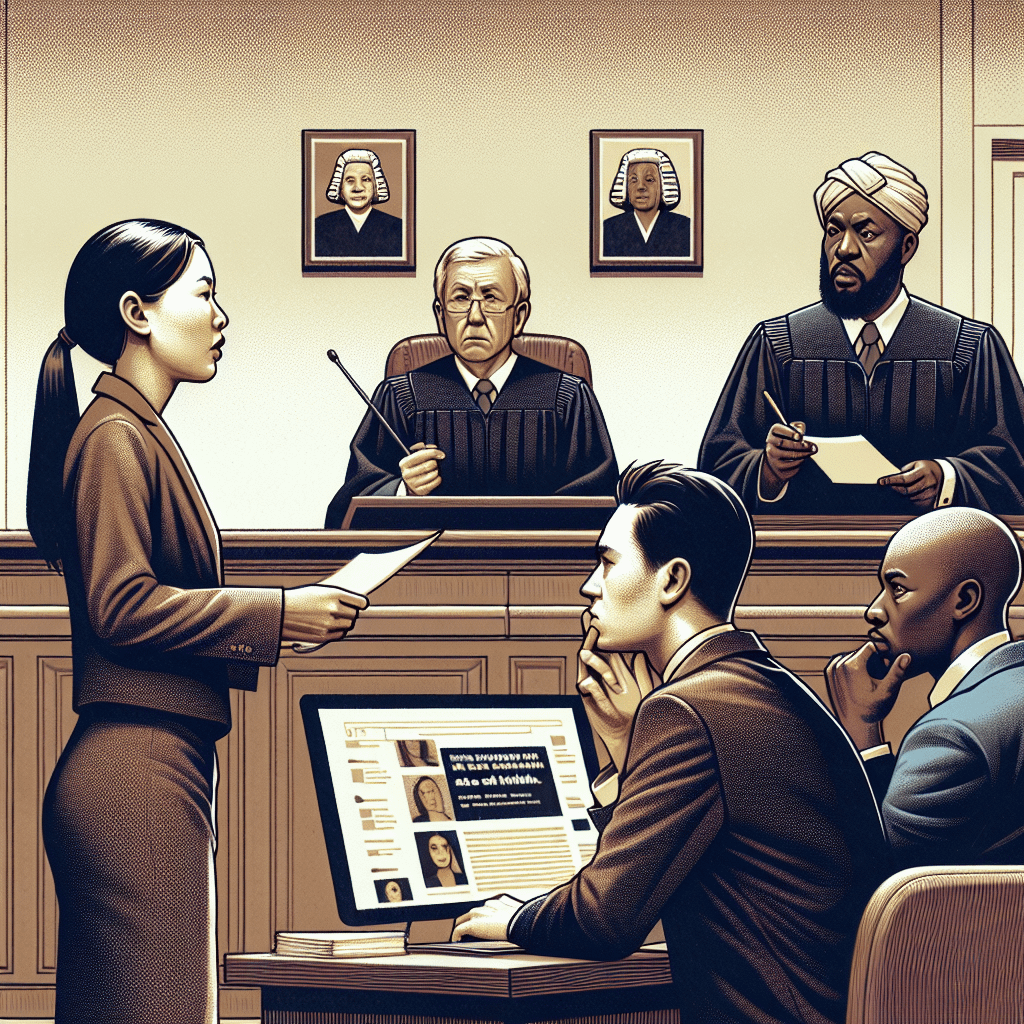If you’ve ever found yourself scouring through social media or online forums only to discover that someone is spreading false and damaging rumors about you, you’re not alone. It’s a distressing situation, leaving you pondering what steps you might take to protect your reputation. Sometimes, these harmful statements can cross a line, potentially falling under the legal category of defamation. Let’s navigate through what this means and what you can possibly do about it.
Understanding Defamation
Defamation is a legal term that refers to a false statement made by someone that injures another person’s reputation. There are two types: libel (written defamation) and slander (spoken defamation). When these false statements are made online—through tweets, blog posts, or Facebook statuses—they are typically considered libel.
What Constitutes Defamation?
Not every mean or unpleasant statement can be considered defamation. For a statement to be defamatory, it generally needs to meet certain criteria:
1. False Statement: Truth is a defense against defamation. The statement must be false for it to be considered defamatory. 2. Published: The statement must be made to someone other than the person it’s about. In the context of the internet, publishing occurs when anyone else can read or see the false statement.
3. Injury: The false statement has to cause injury to your reputation. This means it has to harm the way others perceive you or diminish your standing in the community.
4. Unprivileged: The statement must not be protected by some legal privilege. For example, certain statements made in court or legislative proceedings may be privileged, meaning they cannot be the basis of a defamation lawsuit.
Common Examples of Online Defamation
- Jane posts on a community forum claiming that her neighbor, Bob, embezzles money from his company. Jane knows this isn’t true, but she shares it publicly, causing others to avoid doing business with Bob.
- A blogger writes a sensational but false story about a local restaurant having health code violations, causing the restaurant to lose customers.
Both scenarios may qualify as defamation because the statements were false, published, injured the subject’s reputation, and were unprivileged.
Practical Steps You Can Take
If you believe you’re a victim of online defamation, here are some practical steps you might consider:
- Document Everything: Take screenshots of the defamatory statements, noting the time and date. This helps preserve evidence that might be critical in a legal case.
- Contact the Offender: Sometimes, reaching out to the person who made the statement and asking them to remove it can be effective. They might not realize the harm they’re causing.
- Report to the Platform: Most online platforms have policies against defamatory content. Reporting the content can sometimes lead to its removal without further legal action.
- Seek Legal Advice: Consulting with an attorney who specializes in defamation cases is a crucial step. They can help you understand your rights, the strength of your case, and potential legal remedies.
- Consider a Retraction or Apology: In some situations, a public retraction or apology from the offender may be sufficient to restore your reputation.
When to Consider Legal Action
Lawsuits can be time-consuming and expensive, so it’s often vital to weigh the potential outcomes versus the costs. However, if the damaging statements are severe and impacting your personal or professional life significantly, pursuing legal action might be justified. Successful defamation cases can result in monetary damages to compensate for the harm done to your reputation.
Final Thoughts
Dealing with false and harmful statements online is undeniably stressful, but understanding your rights and the concept of defamation gives you a foundation to address the issue. Remember, not all unpleasant or critical statements qualify as defamation. Focusing on those that meet the legal criteria will guide you in making the best decision for your situation. Don’t hesitate to seek professional legal advice to explore all your options. In this digital age, protecting your reputation has rarely been more crucial.








